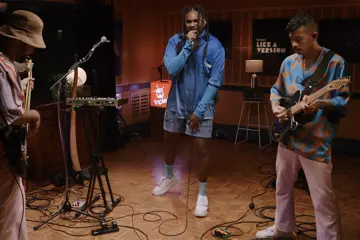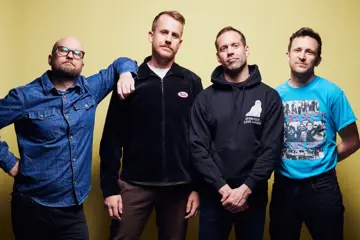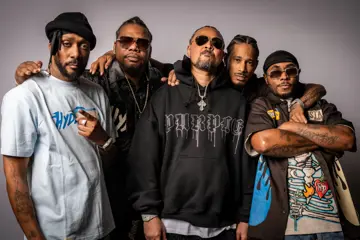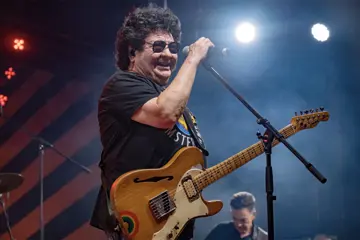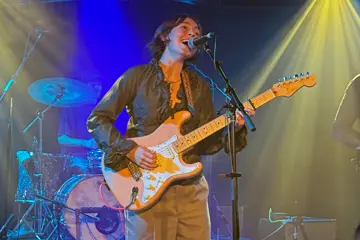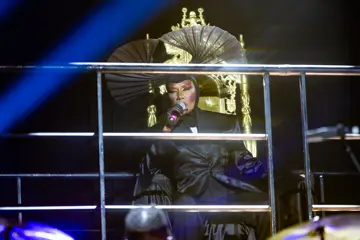"Breakbeat over the years has been given a hard time,” says Krafty Kuts (real name Martin Reeves), twice winner of the Outstanding Contribution to Breakbeat award at the Breakspoll Awards.
“A lot of great artists left the scene to try other styles and to be honest I don’t hear much on their careers, so when you’re good at something, why change a winning formula?”
Growing up in the seaside town of Brighton, England, Reeves, like many other DJs was inspired by the golden era of hip hop. “I was very young in the mid-‘80s, so for me the golden era of hip hop was in the ‘90s: Pete Rock, Gang Starr, Brand Nubian, Main Source, Public Enemy, EPMD, Wu Tang Clan, Nas, Jay Z, Cypress Hill, I could go on forever. I went to so many of these concerts when I was a teenager, and learning and being inspired from these artists was such a buzz. The most amazing part of my journey is also getting to meet so many of them, and without them I probably wouldn’t be where I am now.”
Reeves entered his first DJing competition at the tender age of 12. Remarkably, the youngster made it all the way to the finals, and that early success inspired him to teach himself the turntable techniques of cutting and scratching, gradually developing his own style of hip hop and funk-infused uptempo beats.
“I think breaks is becoming extremely popular again.”
Throughout the ‘90s, Reeves ran one of the most popular record stores in Brighton, and in 1996 took the next logical step of producing his own tracks. A dub of his track Give Up The Funk made its way into the hands of fellow Brighton breakbeat illuminatus Fatboy Slim aka Norman Cook, who released it on his Southern Fried label. It was an instant hit in the clubs and sent Krafty Kuts into the stratosphere. Reeves set up a label, Instant Vibes, on which he released his own productions, as well as running club nights.
Don't miss a beat with our FREE daily newsletter
The 2000s saw the breakbeat sound getting so big that it oozed into major league advertising, and Reeves created sounds for massive brands like Coke and PlayStation 2. Not surprisingly the scene dwindled for a while after that but “I think breaks is becoming extremely popular again,” Reeves suggests. “It really is progressing with fresh new beats, sounds and diversity. I see it gaining momentum every day and it won’t be long when you see breaks artists headlining festivals again.”
Reeves himself continues to ride the breakbeat wave. His new project, a live band called Wicked City he describes as “future funk with a touch of jazz, glitch and bass-heavy beats.” He produces a monthly podcast, is working on a documentary and a book, and will soon hit Australian shores for what he predicts will be “Lots of krafty goodness. Stacks of new tunes, loads of cheeky edits and remixes and good time party music. Plus Dynamite MC to hype things up. It’s gonna be crazy.”




